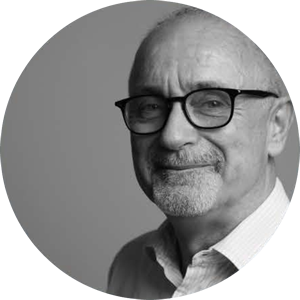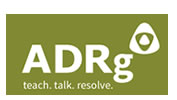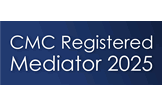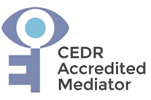
All About People
Need help to resolve your business, personal or employee conflicts & disputes?
Stay up to date with our latest news and workshops.
The Arts and Creative Industries sector is particularly people centred. It often contends with limited and stretched budgets coupled with very tight deadlines, the demands for high standards of work and many freelance contractors. These circumstances are fertile sources of conflict.
The people who administer this sector are often very experienced and sensitive managers of people but occasionally there is a need for affordable help from a mediator proficient in working with a wide range of creative people. Mediation is an ideal tool to facilitate effective discussion and provides a safe space for those involved to find mutually agreeable ways ahead.
Mediation is a process whereby one or more impartial third-party mediators assist those involved to move forward and reach mutually agreeable outcomes.
There are many reasons why mediation is preferred to arbitration, litigation or other forms of dispute resolution. The key advantages of mediation are:
Mediation can take a day or, at most, two and is based on both sides making their points of view with the mediator managing feelings and listening to both sides of the dispute, leading to a balanced, fair and mutually agreed resolution.
Successful mediation avoids potentially costly legal support which might lead to litigation.
The length of time from enquiry to conclusion is far quicker than other procedures. The time needed is dependent upon the availability and preparedness of those involved. It can be invoked in a week or two, thus striking while the iron is hot and avoiding a build-up of anxieties on both sides.
Both parties are in control of the outcomes and there is no third-party decision-maker unless you instruct your mediator to engage with Evaluative Mediation.
This usually means that people tend to stick to what they have mutually agreed because of the swift nature of mediation leading to resolution.
Mediation can be used at any stage of the process to help clarify or facilitate better communication. There does not need to be an actual dispute or conflict.
To understand how mediation works, it's important to understand the different roles that are played by the mediator and the participants.
The mediator doesn't take sides and isn't affiliated with either party in the dispute. They are a neutral sounding board for both parties involved in the conflict, meaning they can listen objectively without providing any input on whether they agree with one side of the argument more than the other. The role of the mediator is to help those involved re-phrase, understand and better communicate the issues and aims for resolution.
The Participants' role is to act in good faith i.e. to genuinely attempt to fix the issues. There is no obligation to come to a formal agreement but 90 per cent of matters settle because people are open minded and allow the conversation to happen.
Supporting individuals can serve an important role to ensure that the participants are informed and can make decisions based on the information available, and to help protect the Participants' interests. Supporting individuals should not impose their own opinions and should not be obstructive in the conversation and mediation process.
The mediator is a neutral third party that facilitates the discussion between the parties involved in a dispute.
The participants are the people who are involved in the dispute.
These may be your legal or other professionals, or colleagues (if appropriate).
Mediation is suitable for most conflict and disputes both within a workplace and between professionals. It is ideal for a wide range of matters because the process is quick and empowers those involved to make pragmatic decisions, enabling the parties to move forward.
The main areas which mediation can assist are:
Difficult conversations with people can be supported by a neutral professional. This enables the parties to share their views and work towards reaching agreement in a confidential and safe setting.
Contractual negotiations and commercial relationships in the arts and creative industry are the same as in any business. People deal with people and when communication breaks down or there is poor service or products do not arrive, this can lead to an irretrievable relationship breakdown.
Creative differences can be the catalyst for innovation, incredible entertainment, and community engagement. However, when clashes turn into conflict, this can become an impossible situation for those involved.
Mediation provides a platform for the parties to hear and be heard. It is an ideal way for people to work through issues and be empowered to decide their own outcomes. Mediators are experts at rephrasing, listening, and helping everyone overcome obstacles and to find lasting solutions.
AAP experience in this sector has included:
Please contact us to discuss your needs and how we can support you with a speedy managed cost resolution.

Strategic Advice and Guidance for you and your organisation. Our accreditations:




Stay up to date with our latest news and workshops.